Being the world's second largest economy, and its rapid growth in manufacturing and infrastructure developments, China, has dominated the world's shipping markets. It is no surprise that 6 of the world's largest container ports in the world are located in China.
Forbes have listed the top 10 container ports in the world, according to the data from the World Shipping Council.
Forbes have listed the top 10 container ports in the world, according to the data from the World Shipping Council.
- Port of Shanghai, China.
It handled 33.62 million TEUs of cargo in 2013, up from 32.53 million in 2012 and the 31.74 million TEUs reported in 2011.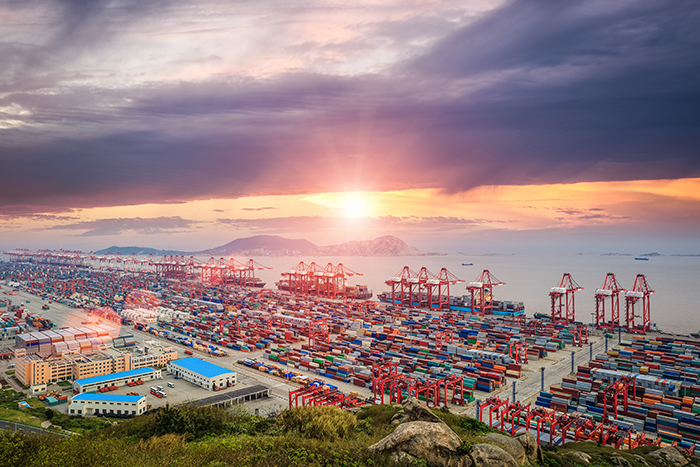
- Singapore.
It is no longer No. 1, but container traffic remains strong. Last year, the port recorded 32.63 million TEUs compared with the 31.65 million in 2012 and 29.94 million TEUs in 2011.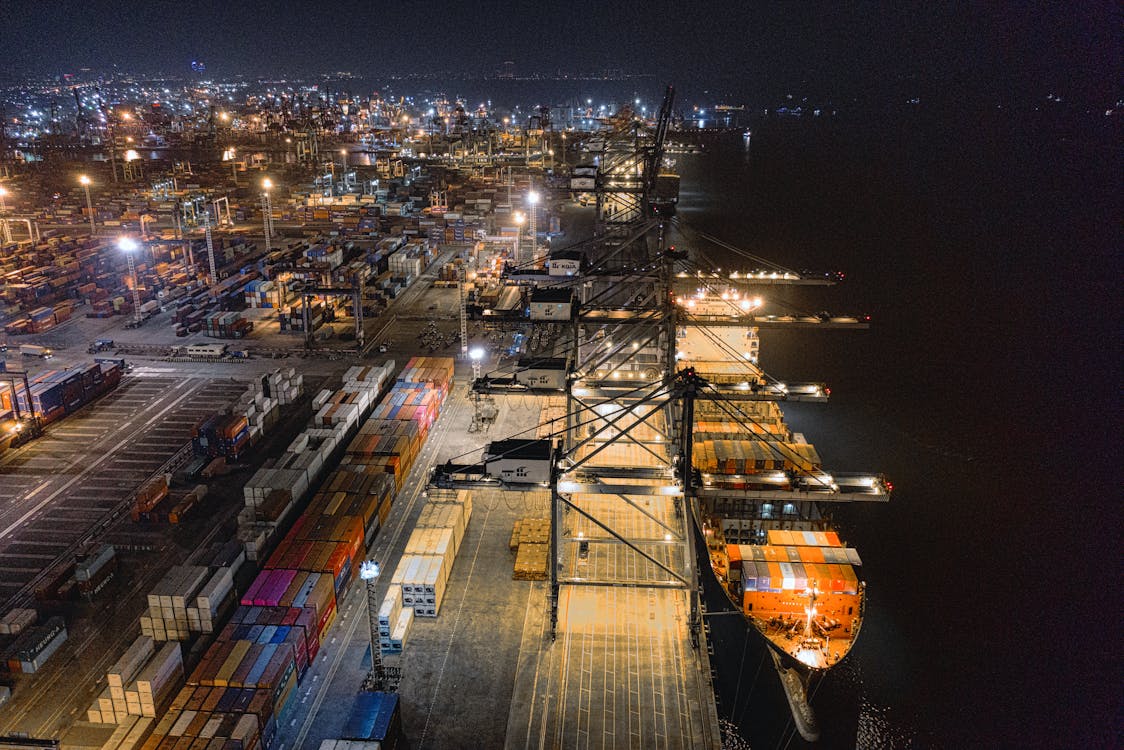
- Shenzhen, China.
Shenzhen is now the second largest Chinese port. Last year it handled 23.28 million TEUs, up from 22.94 million in 2012 and 22.57 million TEUs in 2011, according to the World Shipping Council.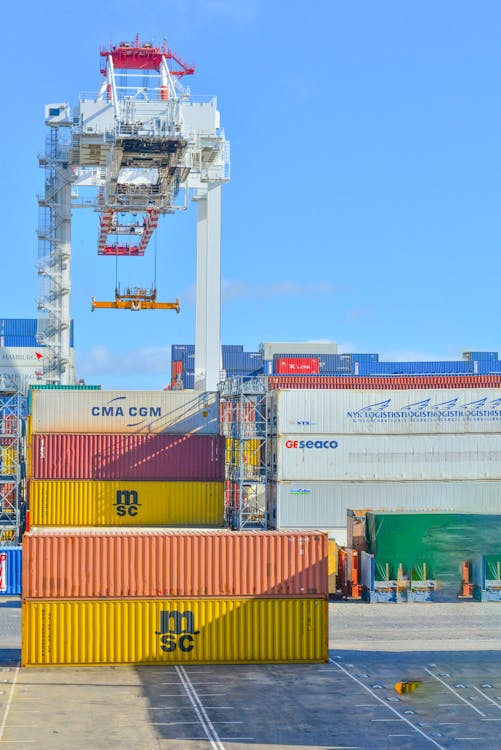
- Hong Kong.
The port of Hong Kong used to be the biggest of all Chinese ports, but not anymore. Last year, Hong Kong continued to handle a dwindling number of containers as more and more ships head north to the mainland instead. The Hong Kong container port terminal handled 22.35 million TEUs in 2013, down from 23.12 million in 2012 and 24.38 million TEUs in 2011.
- Busan Port, South Korea.
Continued growth in shipping at Busan. Last year saw 17.69 million TEUs go through the port, up from the 17.04 million in 2012 and 16.18 million in 2011.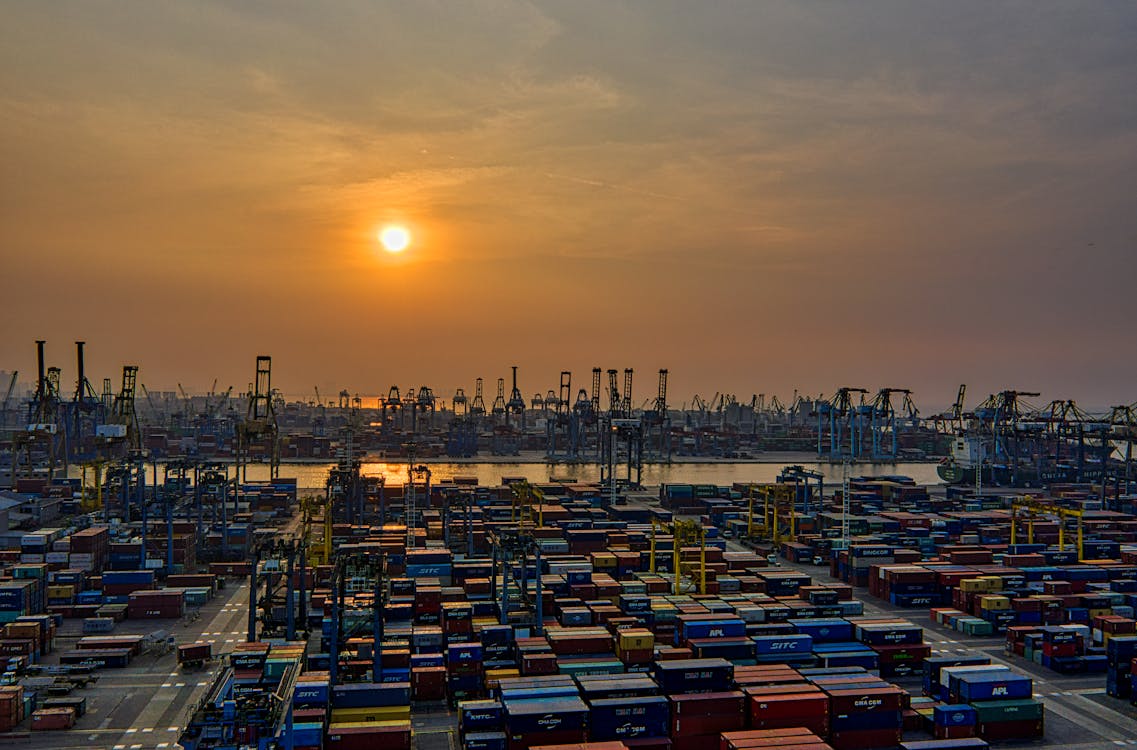
- Ningbo-Zhoushan Port, China.
The Ningbo-Zhoushan Port handled 17.33 million TEUs in 2013, up from the 16.83 million in 2012 and the 14.72 million TEUs in 2011.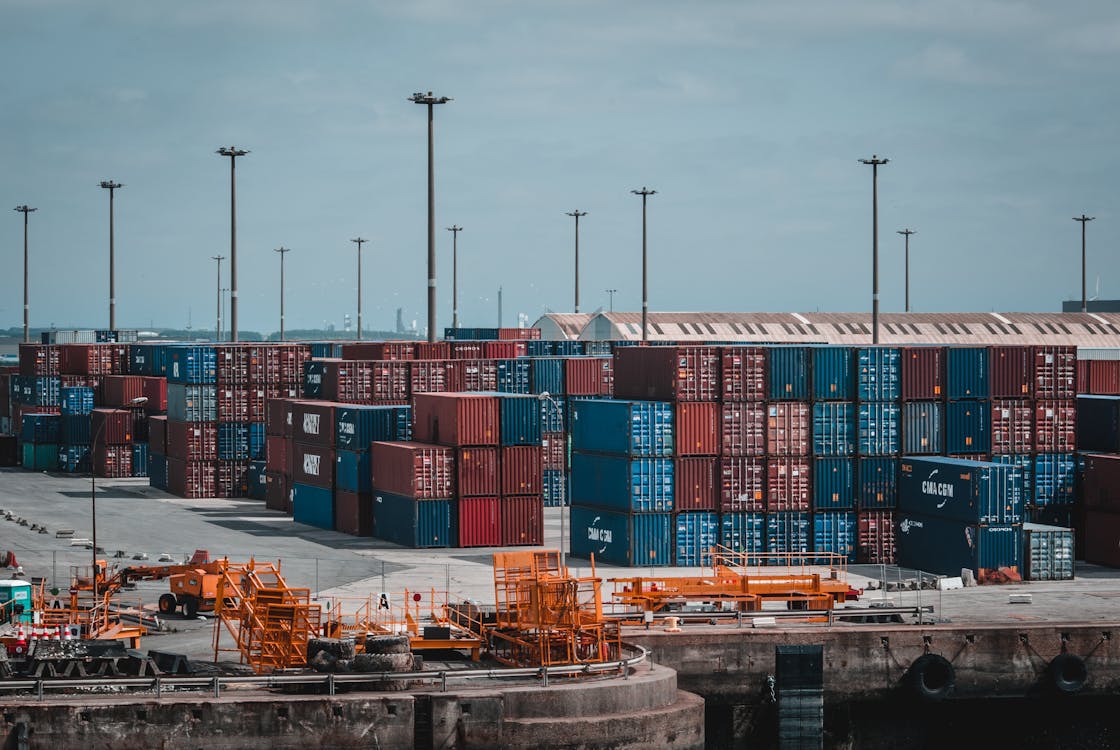
- Qingdao, China.
Qingdao handled 15.52 million TEUs last year, up again from the 14.5 million in 2012 and the 13.02 million TEUs recorded in 2011. Not bad for a country supposedly going through a hard landing.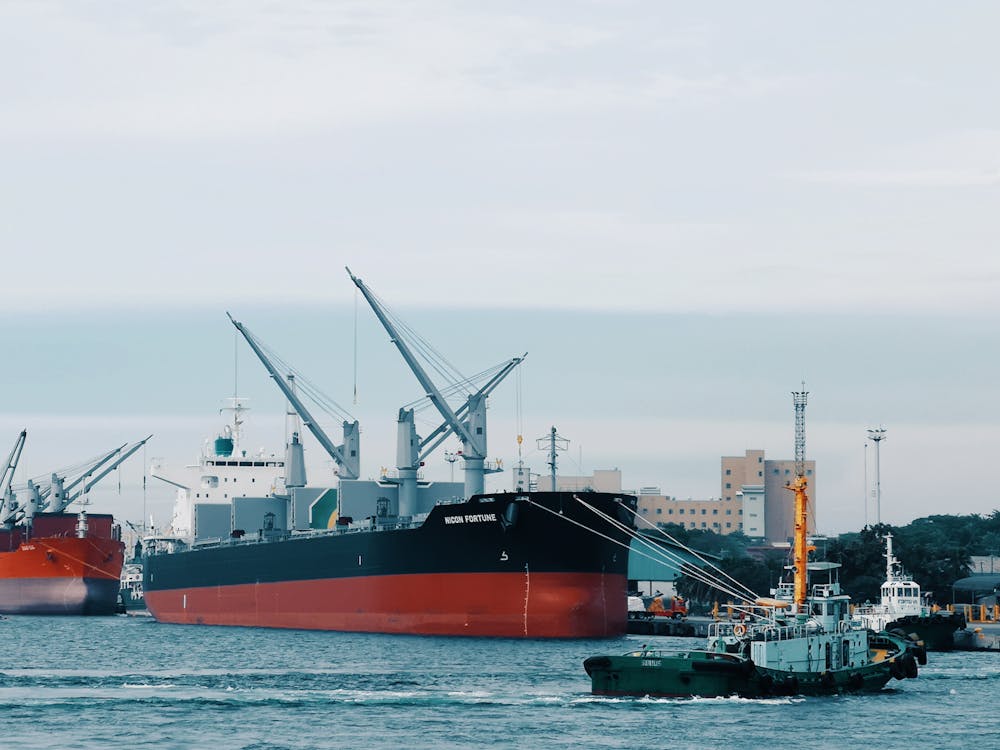
- Guangzhou Harbor, China.
Despite a slowdown in exports out of China, the Guangzhou port continues to handle more cargo. In 2013 it handled 15.31 million TEUs of cargo, up from 14.74 million in 2012 and 14.42 million in 2011.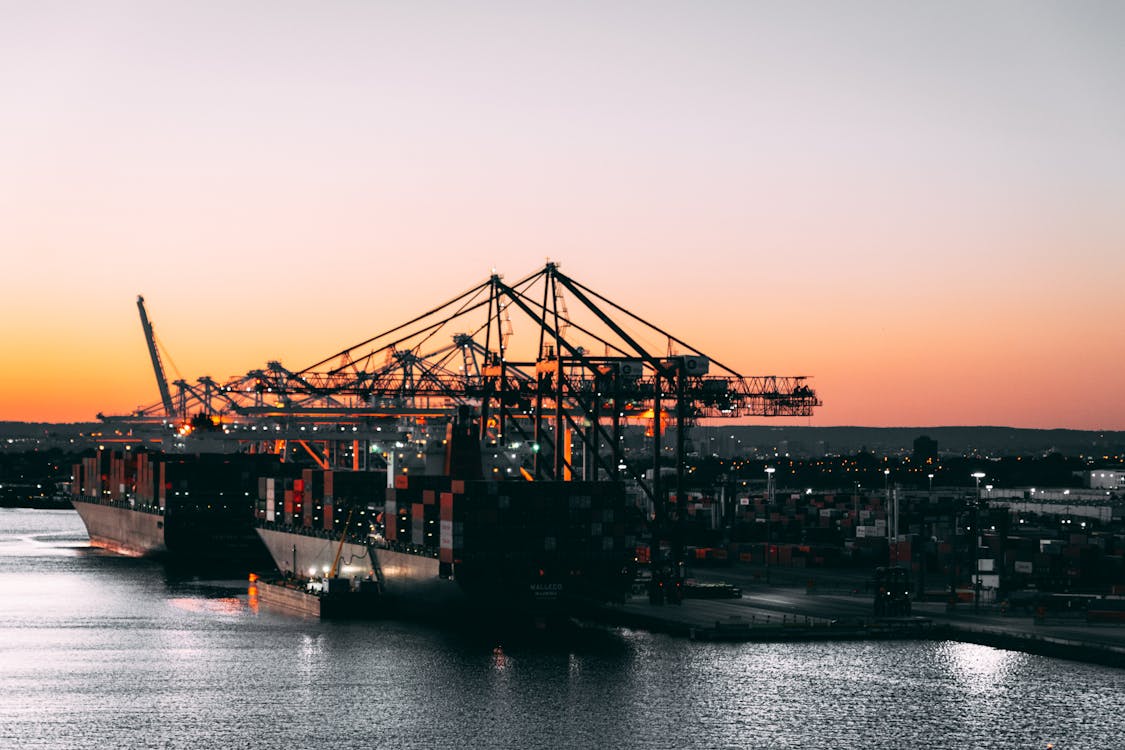
- Jebel Ali Port in Dubai, U.A.E.
This Dubai port handled 13.64 million TEUs last year, up from 13.3 million in 2012 and 13 million TEUs in 2011, according to the World Shipping Council. The U.A.E. has successfully positioned itself as the hub between East and West shipping lanes, with more capacity currently being built out at the Khalifa Port outside of Abu Dhabi, the U.A.E. capital.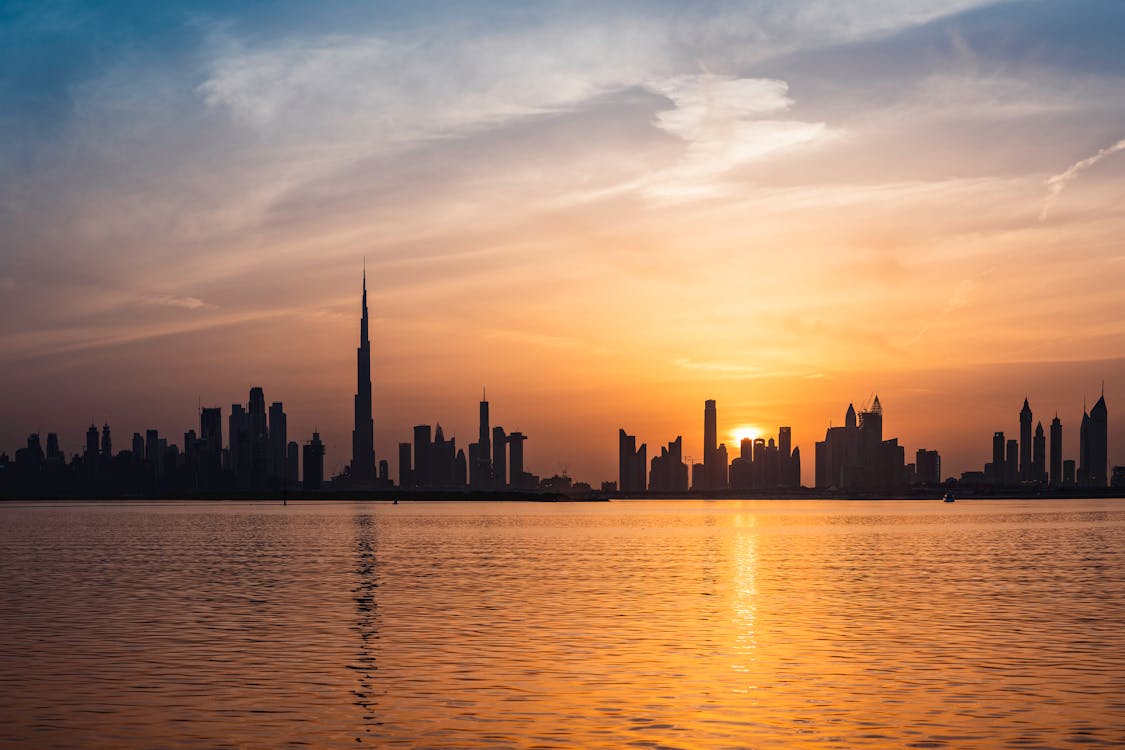
- Tianjin, China.
The Tianjin port in China recorded 13.01 million TEUs in 2013, up from 12.3 million in 2012 and 11.59 million in 2011. TEU stands for "twenty-foot equivalent units". A standard cargo carrier equals two TEUs.
Brad Skelton









